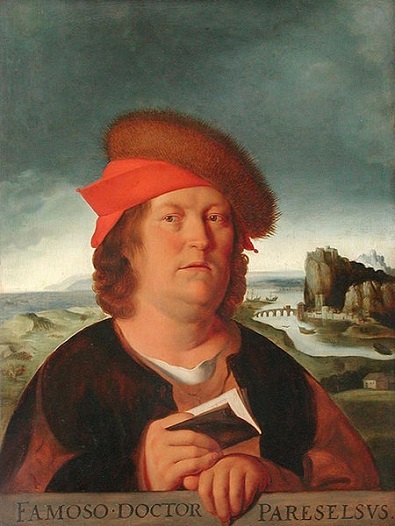Worthless natural remedies, especially when they come from “exotic” locations, have always been popular. They have also always been big business. Here’s one of the earliest struggles on record — when the richest man in Europe went after a medieval doctor.
Syphilis blindsided medieval Europe, affecting everyone from peasants to monarchs. People were desperate for a cure, and although mercury was the most popular one available, there was new hope on the horizon. In the West Indies, people would burn resin from the guaiac, or palo santo, tree and inhale the vapors. These were thought to have medicinal properties. European physicians thought that sounded promising, and they noticed that if they gave patients too much mercury the patients tended to die. So they piled up imported guaiac, burned it, and had patients inhale the smoke.
This was a fair course of action. Syphilis was a death sentence, and anything was worth a try. Unfortunately, guaiac was not, and is not, a treatment for syphilis. But it was an import. Sea voyages were expensive and each one required multiple backers. Once a line of trade had been established — arranging acceptable terms for the purchase of a good, getting it across the ocean, and then distributing it in markets throughout Europe — each investor had committed both considerable effort and money into the enterprise. They had an interest in seeing it continue.

This is why the work of one Paracelsus, otherwise known as Philippus Aureolus Theophrastus Bombastus von Hohenheim, was so inconvenient. Paracelsus was a medieval physician who favoured mercury as a cure. A student of alchemy, he came up with crackpot theories about how a disease was cured by anything opposite to it in nature.
His major departure from most respected physicians of his time was looking to visible cause and effect, instead of whatever the ancient Romans and Greeks had to say about a disease. By observing the effects of guaiac, he correctly concluded that it had no effect whatsoever on syphilis.
This brought him into conflict with Jacob Fugger, the richest man in Europe, and arguably of all time. Fugger managed to convince a pope to officially overturn the religious prohibitions on usury. He helped put the Holy Roman Emperor in office. And he wasn’t the kind of guy who was going to let the fact that guaiac didn’t work threaten his guaiac import business.
And Fugger had help. The Dean of Leipzig University was his friend, the recipient of his patronage, and a small partner in his guaiac import schemes. The two published tracts decrying Paracelsus’ early papers on the inefficiency of guaiac. When Paracelsus decided to publish an eight-volume work on everything he’d observed about syphilis, they pulled strings to make sure printers would be banned from printing his work. They even got him driven out of Nuremberg.
Paracelsus eventually found underground printers, but in the end the Fuggers won. Guaiac was an accepted treatment for syphilis until the 1800s.
